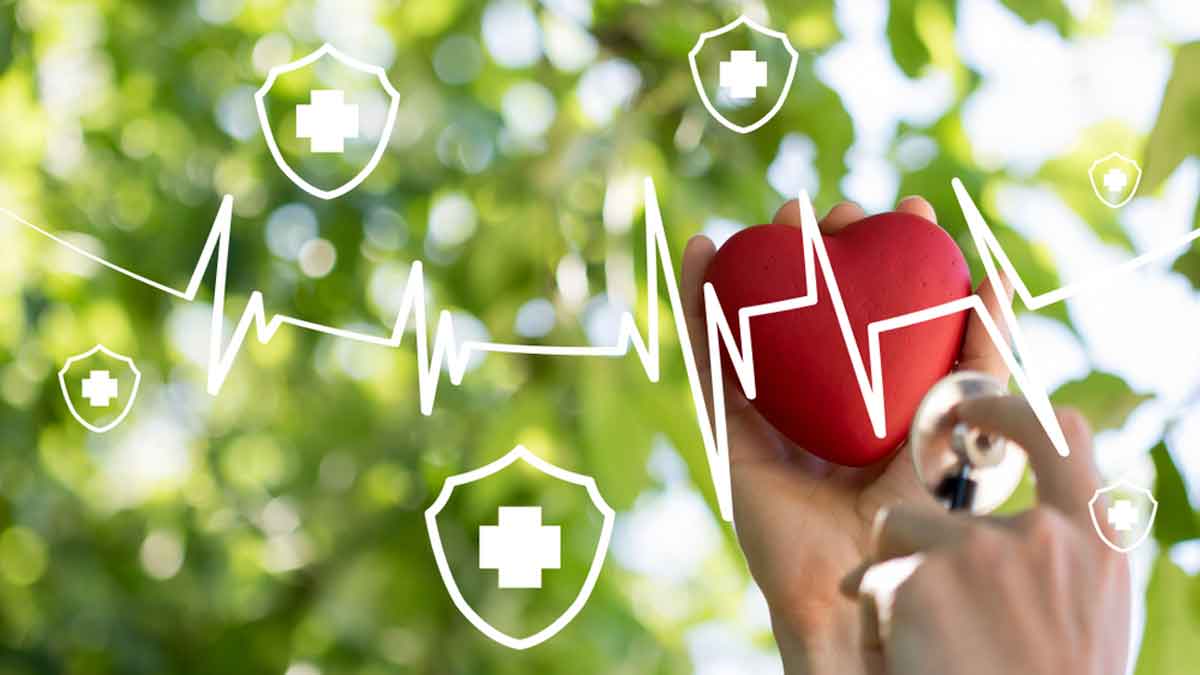Sudden rise in cardiac deaths: Karnataka to make autopsy compulsory

Sudden death among youths below 45 years will be declared as a notifiable disease in Karnataka and autopsy in such cases will be mandatory, said Karnataka health minister Dinesh Gundu Rao, in Bengaluru on Monday.
The minister, who released a report by the technical committee headed by Dr Raveendranath, director of Jayadeva Heart Institute, which studied the sudden cardiovascular events and their possible link to the Covid vaccine, ruled out that Covid vaccines administered in India were not responsible for the sudden deaths.
“The sudden deaths are linked to COVID but not the vaccine. The sedentary lifestyle and rise in screen time post-COVID might have led to obesity, diabetes and hypertension. There are several factors. So, the state government will issue guidelines besides launching certain initiatives to improve cardiac screening and preventive healthcare measures,” said Rao, adding that the report on the rising incidence of sudden cardiac deaths would be submitted by the panel on July 10.
“The committee has 12 experts from Jayadeva, NIMHANS, Bangalore Medical College, Rajiv Gandhi Chest Institute of Chest Diseases and Manipal Hospital. We found that heart attacks are not linked to the Covid vaccine but to Covid infection and its after effects like sedentary lifestyle, stress, higher screen time, work from home leading to higher obesity, diabetes and hypertension. Air pollution and psychosocial stress could also be factors leading to heart ailments,” said Dr Raveendranath.
The study has recommended establishing a cardiac surveillance program and National Registry for Sudden Cardiac Deaths among young adults, autopsy-based reporting and registry for the unexplained deaths in young adults, routine heart screening at the school level to detect congenital heart diseases or structural abnormalities, public health campaigns to raise awareness about cardiovascular diseases and preventive measures, besides research funding for large-scale prospective case control clinical studies to study the long-term effects of COVID-19 infection and vaccination.
“The government plans to impart CPR training to citizens through NGOs and extend the Puneet Rajkumar Hridaya Jyoti scheme for heart care, which is currently available at 26 state hospitals to taluk hospitals. Defibrillators would be installed at public places like bus and railway stations, and annual health screening will be held for government employees and contract workers, while advising the private sector also to follow suit. A chapter on preventive heart care will also be introduced from next academic year,” said Rao.
The study analysed data from 251 patients aged below 45 years admitted with acute coronary syndromes, and found that conventional risk factors such as hypertension, diabetes, and smoking remained dominant.
The cross-sectional observational pilot study analysed data from 251 patients admitted to the Jayadeva Institute between April and May 2025. This included all patients aged 45 or below, admitted to Jayadeva Institute with a diagnosis of coronary artery disease and excluded known cases of ischemic heart disease, patients with a past history of CAD, CKD, CLD.
A detailed risk factor profile analysis was done, specifically including past history of COVID-19 infection, including symptoms, hospitalisation, severity, and ventilatory support requirement. Similarly, a detailed history regarding COVID-19 vaccination, including the number of doses, brand of vaccine, and immediate vaccine adverse events, was taken.
Of the 251, 87 were diabetic, 102 were hypertensive, 35 had cholesterol disorder, 40 had a family history of heart disease, 111 were smokers, and 77 patients did not have any of the conventional risk factors. Only 19 out of 251 patients gave a history of previous infection with the COVID-19 virus. Of this, seven had diabetes, seven had hypertension, two had a family history, and only eight had no risk factors. As many as 249 out of 251 patients were vaccinated (Covidshield or Covaxin).
Health